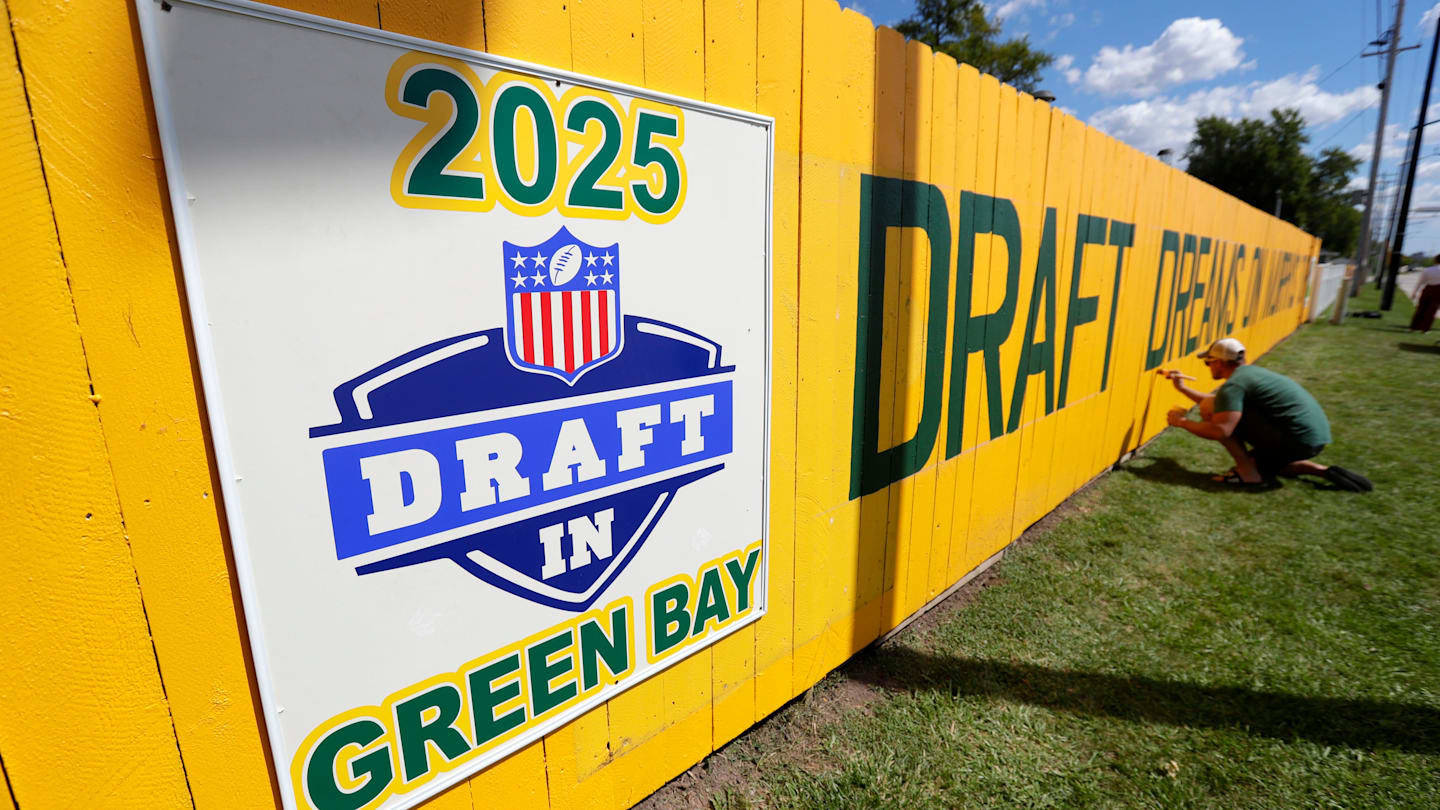Fashion
Fashion Workers Act signed into law in New York

Dive Brief:
- New York Gov. Kathy Hochul signed the Fashion Workers Act into law last month, creating additional labor protections for models by regulating management agencies.
- The bill is meant to prevent exploitation by offering models increased transparency in their deals and contracts. The law will go into effect in June 2025.
- Model management companies will have to register with the state as part of the new law, which Sarah Ziff, executive director of the Model Alliance, a nonprofit that sponsored the bill, said in a statement will protect models from “fraudulent predators.”
Dive Insight:
The measure, New York Senate Bill 9832, was first introduced in 2022 by New York State Sen. Brad Holyman-Sigal and Assemblymember Karines Reyes, along with Model Alliance. It passed the state senate in May 2024 and the state assembly the following month. Hochul signed the bill on Dec. 21.
“I fully support the goals of this legislation to provide protections for fashion workers, who have too often been subject to unfair working conditions or been exploited in the workplace,” Hochul wrote in the bill’s approval memo. “However, changes are necessary to clarify the duties of model management companies and brands to ensure they engage in contract transparency, as well as provide a safe and non-exploitive working environment for models.”
The act will ultimately boost labor protections in an industry “that was previously not subject to them with dire consequences and an environment that can be ripe for exploitation,” said Carla Varriale-Barker, shareholder of law firm Segal McCambridge.
Along with being required to register with the state, model management companies will have a fiduciary duty of “utmost good faith and honesty and integrity” for the people they represent, according to Varriale-Barker. The measure also includes safeguards against harassment and abuse, and it creates a formal channel for reporting violations within the New York State Department of Labor, “without fear of retaliation” from clients.
The law additionally grants models protections against the use of artificial intelligence, which Ziff said were among the first legal safeguards put in place to address the use of this technology.
Per the law, clear, written consent will be required for the creation or use of a model’s digital replica, and that consent must be obtained separately from the representation agreement, Varriale-Barker said.
Dale Noelle, CEO and founder of model management firm True Inc., said in an email to Fashion Dive that while the Fashion Workers Act has positive intentions, it falls short of providing support for models’ livelihoods or ensuring the enforcement of protections.
Noelle, who has been both a model and model manager, said that the bill doesn’t address payment timelines or impose penalties for non-compliance, which she said is a critical issue in the industry.
“The law fails to adequately define the roles of model managers, incorrectly assuming they have authority over models’ jobs and business, which is not the case,” Noelle said. “While it is essential to hold dishonorable businesses accountable and remove them from the modeling industry, the legislation inadvertently undermines reputable managers who already uphold transparent and ethical practices.”
She added that the law restricts the ability of responsible managers to enforce positive policies, and though managers are vital in supporting models, they can’t dictate a client’s behavior or guarantee safety on jobsites.
“Consequently, the law unjustly penalizes [managers] for circumstances beyond their control,” Noelle said.
Despite challenges, Noelle said there is opportunity to change the modeling industry.
“By uniting, we can continue to advocate for a future where models and managers are empowered, their rights are safeguarded, and timely payments are standard,” she said. “We deserve enforceable laws that genuinely support and protect all workers in our industry.”










